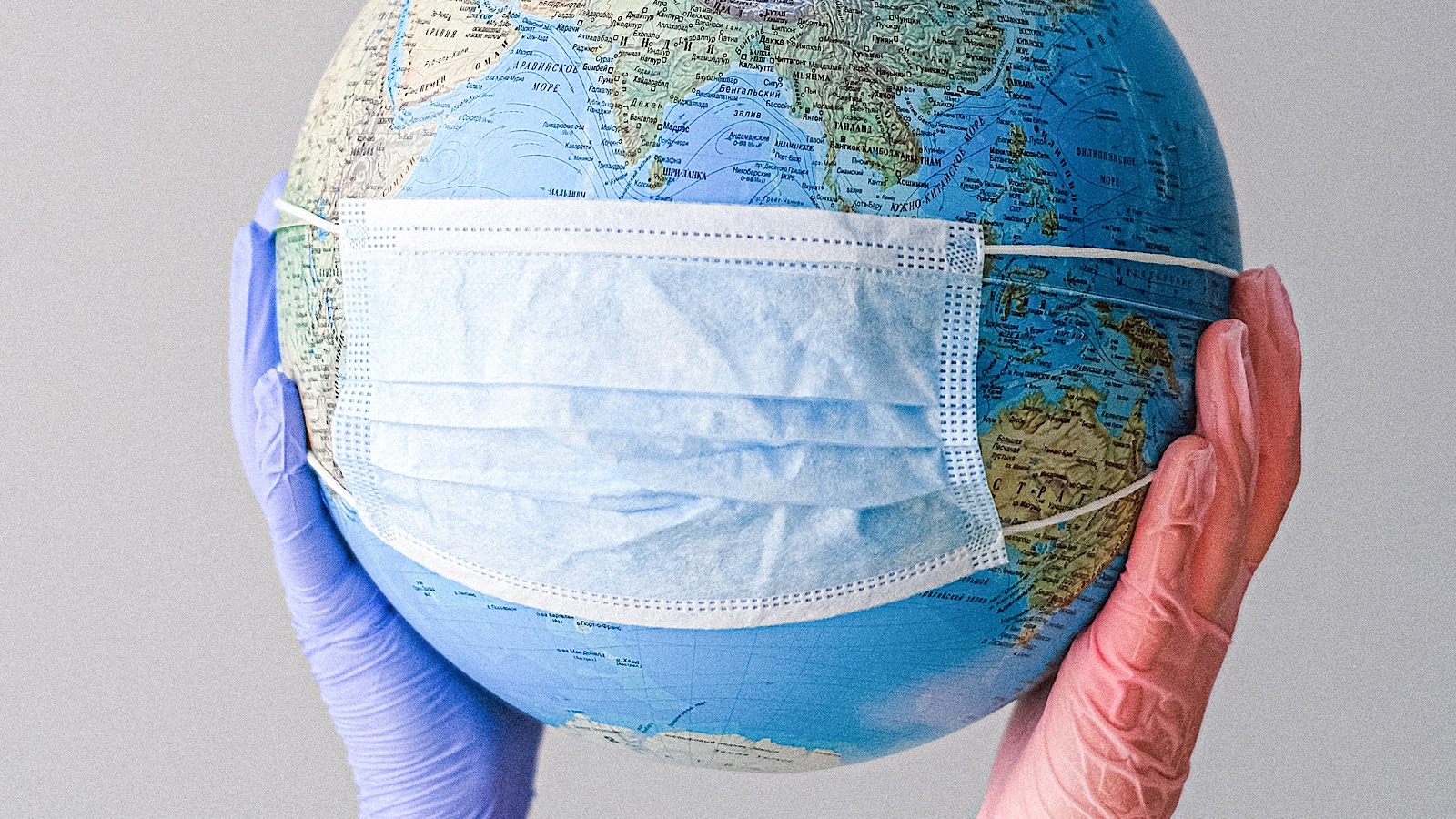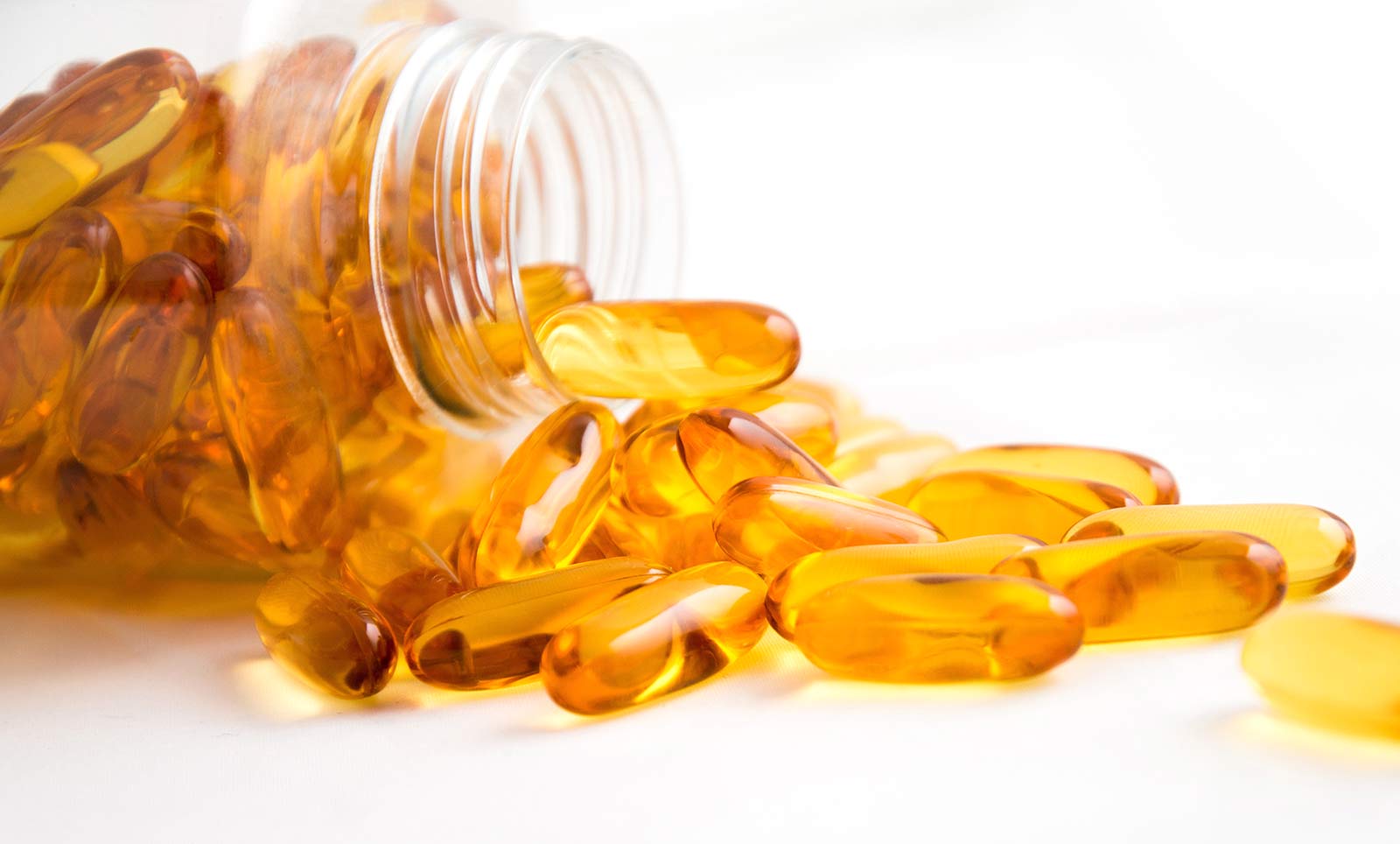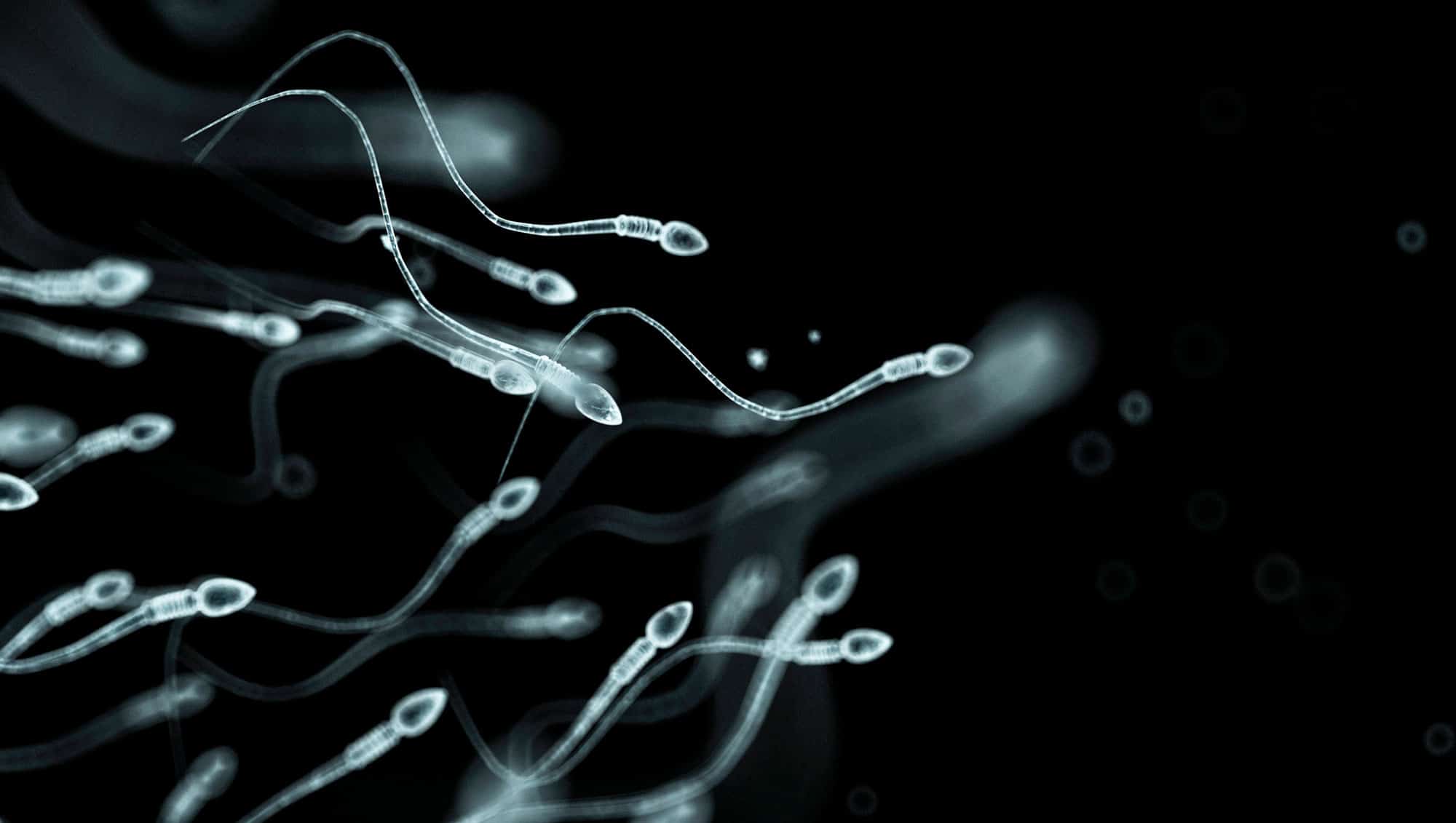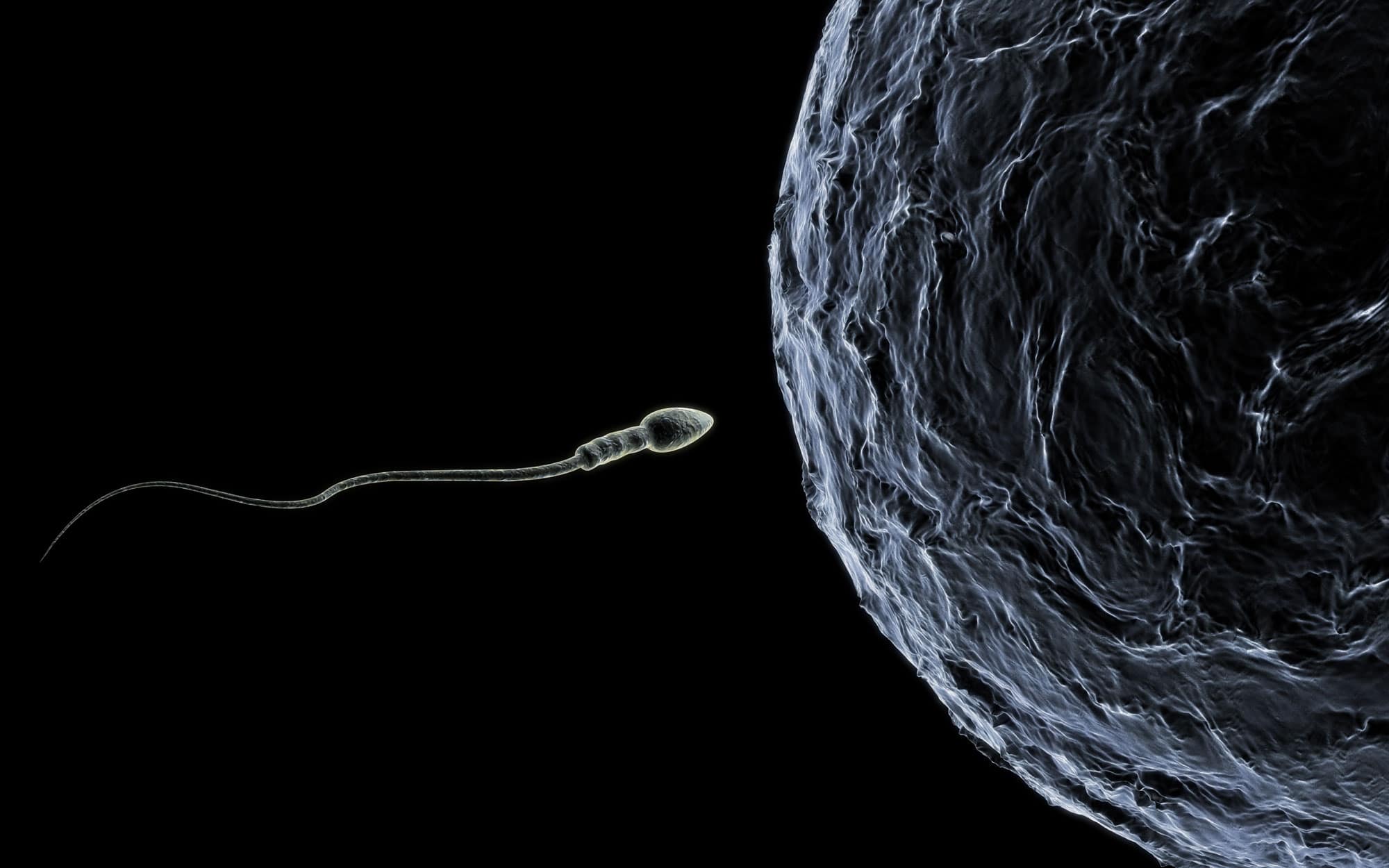
Fertility First takes precautions with COVID-19
Fertility First would like to advise our patients that we are taking the appropriate precautions that have been recommended in accordance with

Fertility First would like to advise our patients that we are taking the appropriate precautions that have been recommended in accordance with

Believe it all not, approximately a third of all infertility cases come down to men, a third to women, and a final

Scientists have conducted research into developing a method to help detect and diagnose endometriosis, sometimes before symptoms even begin to start.

There are four known stages of endometriosis, and each stage can affect women in different ways, so it’s is important to be

Researchers have discovered that taking fish oil supplements may increase sperm counts, semen volume, and improve testicular health in men.

There are a number of nutrients that have been scientifically proven to help improve the quality of your sperm.

Scientists have identified a specific protein that keeps sperm swimming in a straight line, and could help future fertility treatments.

Previously, the only way to access quality donor eggs was to travel overseas, but that’s not the case anymore.

Is it safe to have intercourse after an embryo transfer? The short answer is yes, provided you are sensible and not feeling
Every story written here comes from Fertility First's Research Team, a group of scientists that doesn't just talk about the science behind fertility and reproduction, it lives and breathes it. Staffed by the doctors and scientists working behind the scenes at Fertility First, this team of dedicated embryologists, andrologists, and fertility experts collectively has over 40 years experience in the field.
Yes, chronic stress can impact fertility by disrupting hormonal balance and ovulation patterns. Managing stress through relaxation techniques, regular exercise, adequate sleep, and mindfulness practices may help optimise your chances of conception. Consider speaking with a counsellor if stress feels overwhelming.
Sperm health accounts for about 40% of conception challenges. Your partner can improve sperm health by maintaining a healthy weight, avoiding excessive heat exposure (hot tubs, saunas, tight clothing), limiting alcohol, quitting smoking, managing stress, and taking a multivitamin with antioxidants. Sperm takes about 3 months to develop, so lifestyle changes need time to show results.
Your fertile window typically spans 5-6 days, ending on ovulation day. For a regular 28-day cycle, this usually falls between days 10-15, with peak fertility 1-2 days before ovulation. Track your cycle using ovulation predictor kits, basal body temperature, or cervical mucus changes to identify your unique pattern. Having intercourse every 1-2 days during this window optimises your chances.